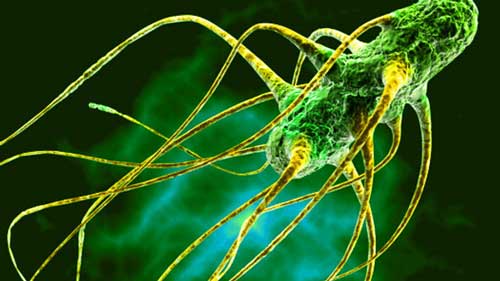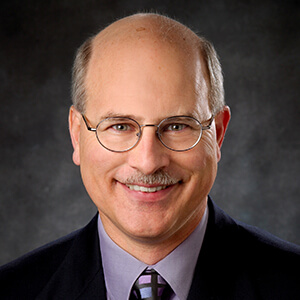Session Abstract – PMWC 2017 Silicon Valley
Session Synopsis: Immunotherapy for infectious diseases was invented in the 19th century but fell out of favor when antibiotics were discovered and developed in the middle of the 20th century. In fact, to date there is only one single monoclonal antibody in clinical use for an infectious disease. However, several are now in development. Coupled with rapid diagnostics these pathogen-specific agents may well serve to bring us back to the future.
Session Chair Profile
Ph.D., Sr. VP R&D, Head of Infectious Diseases & Vaccines Innovative Medicines unit (iMED), MedImmune
Biography
Dr. Steve Projan is the Head of Infectious Diseases & Vaccines Innovative Medicines unit (iMED) at MedImmune, leading a cross-functional team dedicated to the therapeutic area strategy, prioritization and advancement of the company’s infectious disease and vaccine portfolio. Dr. Projan joined MedImmune in 2010 as senior vice president of research and development and head of the Infectious Diseases & Vaccines iMED. Prior to joining MedImmune, Dr. Projan served as vice president and global head of Infectious Diseases at Novartis. He previously spent 15 years at Wyeth in roles of increasing responsibility with his last post as vice president and head of Biological Technologies. Prior to Dr. Projan’s work in the industry, he spent 14 years at the Public Health Research Institute and presently has over 110 publications to his credit. Dr. Projan is a graduate of Massachusetts Institute of Technology and Columbia University.
Speaker Profile
PharmD, BCPS, President and CEO, Arsanis, Inc.
Biography
Dr. Russo has 15+ years of leadership experience in anti-infective drug development, including global commercial launches and clinical development and registration of several antiviral, antibacterial, and antifungal therapeutics. Her work has spanned the earliest phases of in vitro and animal work to clinical pharmacology, clinical development, and through post-marketing clinical outcomes research. Prior to Arsanis, Dr. Russo served in various roles over an 11-year period at Cubist Pharmaceuticals. Dr. Russo oversaw the clinical microbiology program, contributed to the design of multiple Phase 1 to Phase 3 clinical studies, and directly managed the oversight of several global burden of disease programs and investigator initiated studies for a broad portfolio of anti-infectives, including daptomycin, fidaxomicin, ceftolozane/tazobactam, and tedizolid. Prior to her time at Cubist, Dr. Russo held roles at Bristol-Myers Squibb, Robert Wood Johnson University Hospital, and Princeton Hospital.
Talk
Targeted Prevention: The Future for Infectious Diseases
Staphylococcus aureus pneumonia exacts significant human, societal, and financial costs. Prevention is the only approach that circumvents the associated high morbidity and mortality. ASN100, a pathogen-specific monoclonal antibody product in Phase 2 development, shifts the paradigm from antibiotic treatment of disease to targeted immunotherapy to prevent disease in high-risk patients.
Speaker Profile
Biography
Dr. Tenover has had a long-standing interest in mechanisms of antimicrobial resistance and development of rapid diagnostic methods for infectious diseases. After completing his Ph.D. at the University of Rochester and Post-Doctoral studies at the University of Washington, he served as Associate Chief of Microbiology at the Seattle Veterans Affairs Medical Center and Associate Professor of Laboratory Medicine at the University of Washington from 1982-1990. In 1990, he joined the Centers for Disease Control and Prevention in Atlanta for 18 years as Associate Director for Laboratory Science in the Division of Healthcare Quality Promotion and then as Director of the Office of Antimicrobial Resistance. He joined Cepheid in 2008. He is a Diplomate of the American Board of Medical Microbiology and a Fellow of both the American Academy of Microbiology and the Infectious Disease Society of America. He has authored over 350 peer-reviewed publications and edited 10 books.
Talk
Molecular Diagnostics: Patient Care and Clinical Trials
Nucleic acid amplification methods can provide data on the presence of bacteria, fungi, viruses, parasites, and antimicrobial resistance genes directly from clinical specimens, often in less than 1 hour. These data not only improve patient management but can facilitate more efficient enrollment of patients into clinical trials of new anti-infective medicines.







